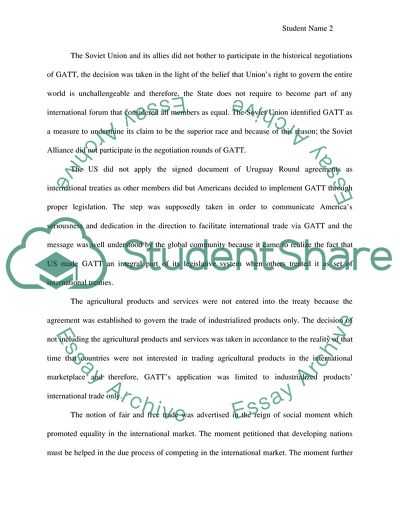Cite this document
(Econ 440 Essay Example | Topics and Well Written Essays - 1750 words, n.d.)
Econ 440 Essay Example | Topics and Well Written Essays - 1750 words. https://studentshare.org/macro-microeconomics/1814762-econ-440
Econ 440 Essay Example | Topics and Well Written Essays - 1750 words. https://studentshare.org/macro-microeconomics/1814762-econ-440
(Econ 440 Essay Example | Topics and Well Written Essays - 1750 Words)
Econ 440 Essay Example | Topics and Well Written Essays - 1750 Words. https://studentshare.org/macro-microeconomics/1814762-econ-440.
Econ 440 Essay Example | Topics and Well Written Essays - 1750 Words. https://studentshare.org/macro-microeconomics/1814762-econ-440.
“Econ 440 Essay Example | Topics and Well Written Essays - 1750 Words”. https://studentshare.org/macro-microeconomics/1814762-econ-440.


